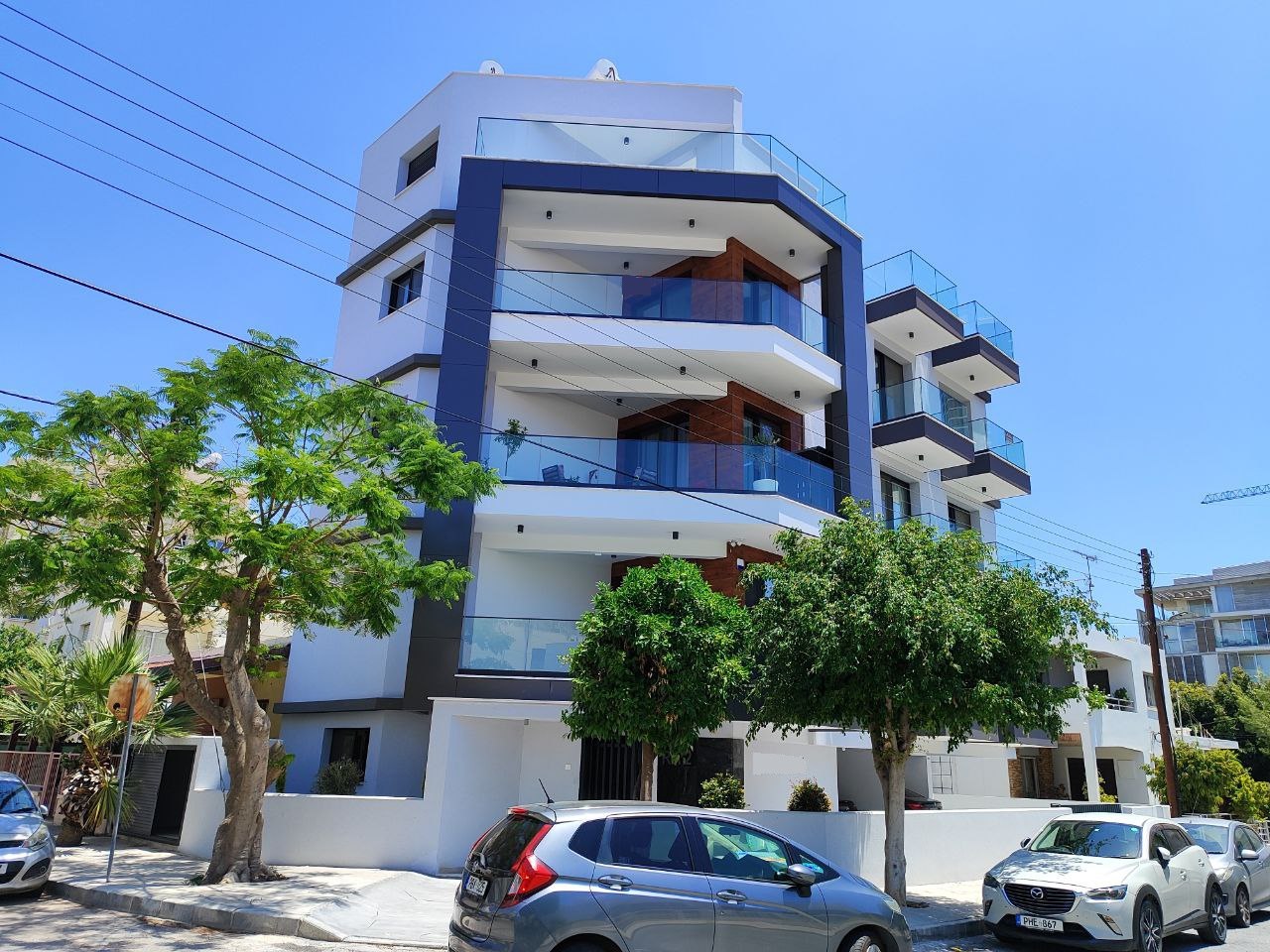Purchasing real estate in Cyprus is an exciting process, but, as in any other country, it requires certain preparations and adherence to legal formalities. In this section, we will go over the key steps and documents required for successfully acquiring property on the island.
Contents
Step 1: Finding Suitable Property
Before starting the legal procedures, you need to find a property that meets your requirements and budget. In Cyprus, you can choose from apartments, houses, villas, and commercial properties in various regions. The most popular areas are Limassol, Paphos, and Larnaca, where property prices and types can vary significantly. Professional real estate agencies in Cyprus will assist you in finding options and completing transactions. They often provide comprehensive services, including legal support.
Step 2: Signing a Reservation Agreement
Once you’ve made your choice, the next step is signing a reservation agreement. This document outlines your intention to purchase the property and specifies the main terms of the deal: price, deposit amount, and payment deadlines. The deposit is usually 1-5% of the property’s price and ensures that the developer or seller will no longer offer the property to other buyers. This step also allows you to “lock in” the property price.
Step 3: Conducting Legal Due Diligence
Before proceeding, it’s crucial to conduct thorough due diligence on the property. This applies to both new builds and resale properties. The checks should include a review of property ownership rights, construction permits, debts, encumbrances, and other legal obligations associated with the property. It is recommended to hire a licensed lawyer to examine all the documents and provide complete information on the legality of the transaction.
Step 4: Obtaining a Purchase Permit
Citizens of third countries, including Russia, need a special permit from the government to purchase property in Cyprus. This is a formality, but it must be followed. The application for the permit is submitted to the Cyprus Council of Ministers, providing details about the buyer, the property, and the purpose of the purchase. Typically, obtaining this permit takes a few weeks, and in most cases, it is a formal process. However, the document is mandatory.
Step 5: Signing the Main Purchase Agreement
After completing all checks and obtaining the permit, it’s time to sign the main purchase agreement. This contract outlines all the terms of the transaction and is submitted to the Land Registry for registration. It’s important to note that the contract not only describes the property but also protects the buyer in case of unforeseen circumstances. Upon signing the main agreement, the remaining balance for the property must be paid. If you are purchasing a new build, at least 30% of the property’s price should be paid at this stage.
Step 6: Registering Ownership
The final stage of purchasing real estate is obtaining the title deed for the property. The signed contract, along with the necessary documents, is submitted to the Land Registry. You will then receive a Title Deed, confirming that the property officially belongs to you.
If you are purchasing a new build, it may take 1-3 years after the completion of construction to receive the title. During this time, the developer must register the property with the authorities and complete the documentation process. However, from the moment the purchase agreement is registered, you already have legal rights to the property.
In the case of a resale property, the title is usually transferred much faster — the process can be completed almost immediately after signing the agreement and making the necessary payments.
New VAT Rules in Cyprus in 2024
When purchasing real estate in Cyprus, it’s important to consider not only the base price of the property but also various taxes and fees that can significantly affect the final cost. In 2024, new rules regarding the reduced VAT rate were introduced in Cyprus, and they deserve special attention.
VAT on Property Purchases
For new builds in Cyprus, the standard VAT rate is 19%. However, a reduced rate of 5% can be applied if certain conditions are met:
- The reduced rate applies only to the first 130 square meters of a property if its price does not exceed €350,000.
- The total area of the property must not exceed 190 square meters, and its value must not surpass €475,000.
- The reduced rate is available only to individuals purchasing their first home for permanent residence in Cyprus.
- The property must be used exclusively for the owner’s residence and cannot be rented out for at least 10 years.
If the buyer decides to sell or rent out the property earlier, they will be required to repay the difference between the reduced and standard VAT rates to the tax authorities.
Purchasing real estate in Cyprus is a process that requires thorough preparation and knowledge of all the stages and associated costs. It’s important to consider both the legal formalities and the financial obligations, such as taxes, fees, and potential changes in legislation. Special attention should be paid to the new VAT rules, which from 2024 limit the benefits based on property size and value. By adhering to all requirements and planning the budget with these additional costs in mind, acquiring property in Cyprus can become a successful investment and a secure step into the future.
















